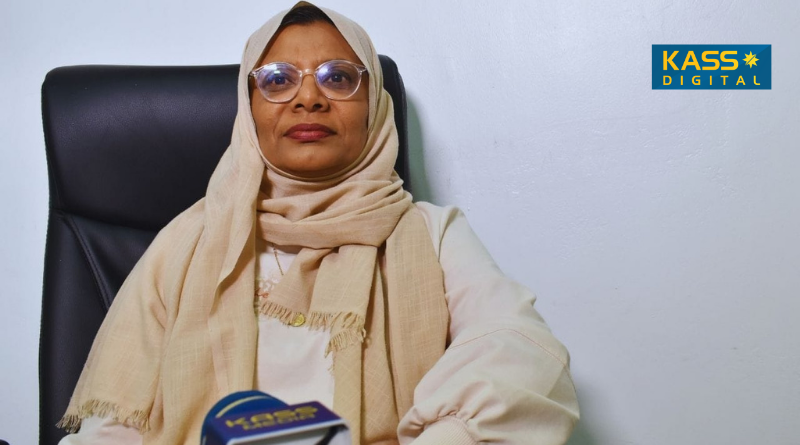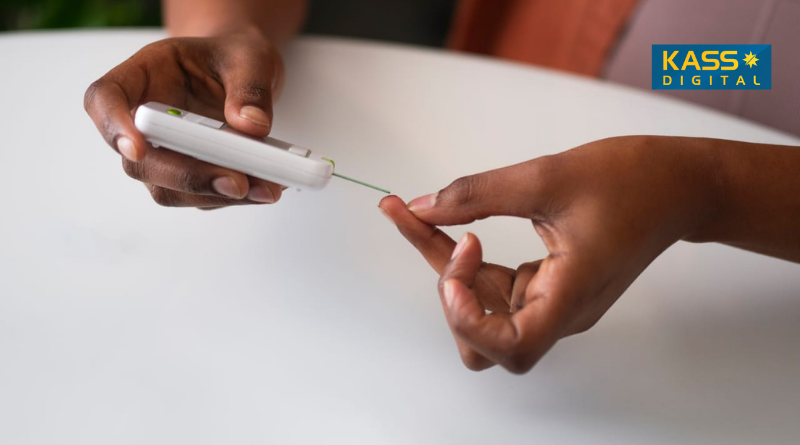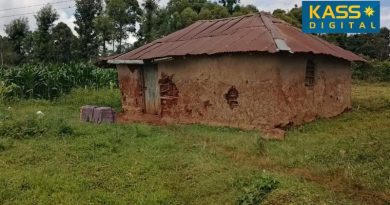Early Detection Key in Managing Type 1 Diabetes in Kenyan Children, Experts Say
By Chemtai Kirui, Nairobi, Kenya
Parents in Kenya are being urged to watch for early signs of type 1 diabetes in children to prevent life-threatening complications, health experts say.
Dr. Anjumanara Omar, a paediatric endocrinologist at the Kilimani Diabetes Endocrine Centre, told Kass TV’s Tililindo programme that type 1 diabetes occurs when the pancreas fails to produce insulin, the hormone that converts blood sugar into energy. Unlike type 2 diabetes, which is often linked to lifestyle factors and insulin resistance in adults, type 1 is an autoimmune condition that commonly develops in childhood.

“Children with type 1 diabetes may pass urine frequently, wake up several times at night, drink excessive water and lose weight despite eating normally,” she said. “Once blood sugar levels rise above 11 millimoles per litre (11 mmol/L), urgent medical attention is required.”
Dr. Omar warned that symptoms are often mistaken for dehydration, malnutrition or pneumonia. Without prompt treatment, the condition can lead to diabetic ketoacidosis – a potentially fatal complication.
Treatment relies on daily insulin injections, either through a basal-bolus regimen – short-acting insulin before meals and long-acting doses at night – or a combination of intermediate and mealtime insulin. Diet and exercise are key to control. “We do not restrict growing children; we adjust insulin according to their food intake,” Dr. Omar said, adding that physical activity such as walking to school and playing outdoors supports metabolic health.
The Kenya National Diabetes Prevention and Control Programme estimates that 50,000 to 70,000 Kenyan children live with type 1 diabetes.
Yet in 2024 alone, 570 children and adolescents died from the disease, according to the Access to Medicine Foundation – deaths that experts say could have been prevented with timely diagnosis, insulin and regular monitoring.
Dr. Graham Ogle, general manager of the non-profit Life for a Child — an organization supporting children with type 1 diabetes in under-resourced countries — is quoted as saying that early diagnosis and access to insulin can restore up to 15 years of healthy life for children with the condition.
A recent multi-country study reported by Reuters found a newly identified form of type 1 diabetes in people of African descent that may not follow the typical autoimmune pattern. Researchers in Cameroon, Uganda and South Africa found that 65% of young patients lacked the usual autoantibodies and genetic markers, suggesting a non-autoimmune variant requiring adapted diagnostic and treatment strategies.
Technology is also reshaping care. Continuous glucose monitors (CGMs) and insulin pumps reduce the need for finger-prick tests and allow more precise insulin delivery, though high costs limit access. Support networks, such as parent groups and World Diabetes Day events, help families cope with the daily demands of managing the disease.
“Checking blood sugar is inexpensive, yet it can save lives,” Dr. Omar said. “Early diagnosis is the most important step.”




